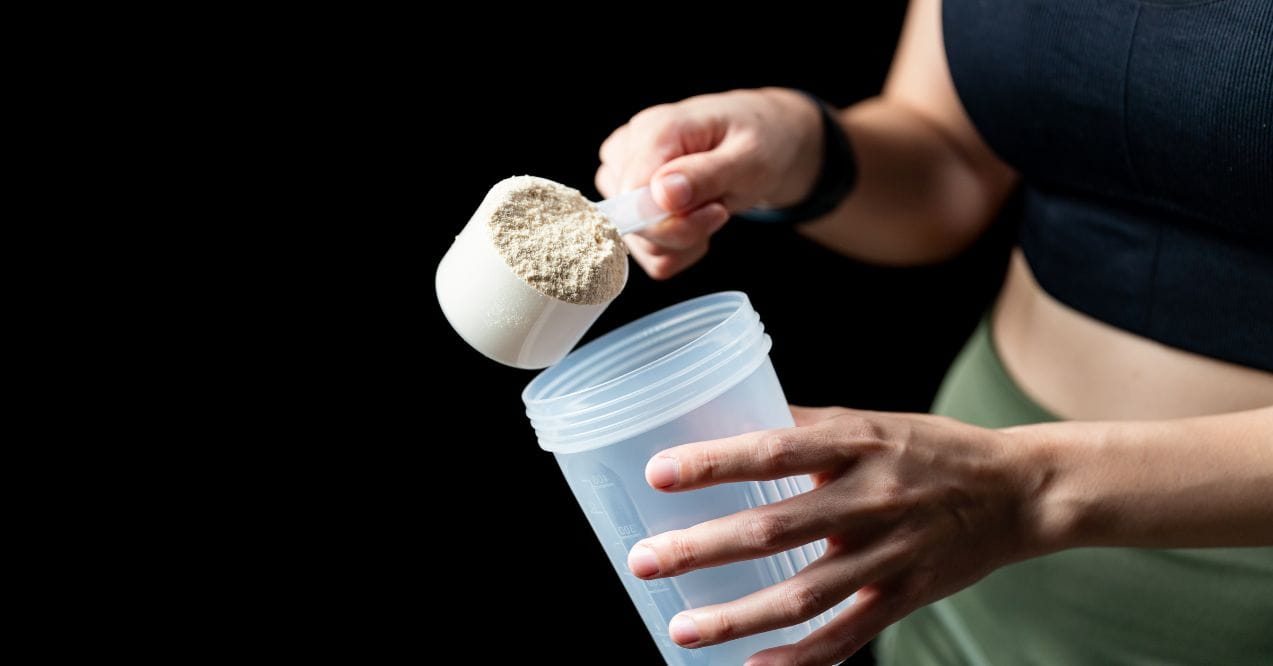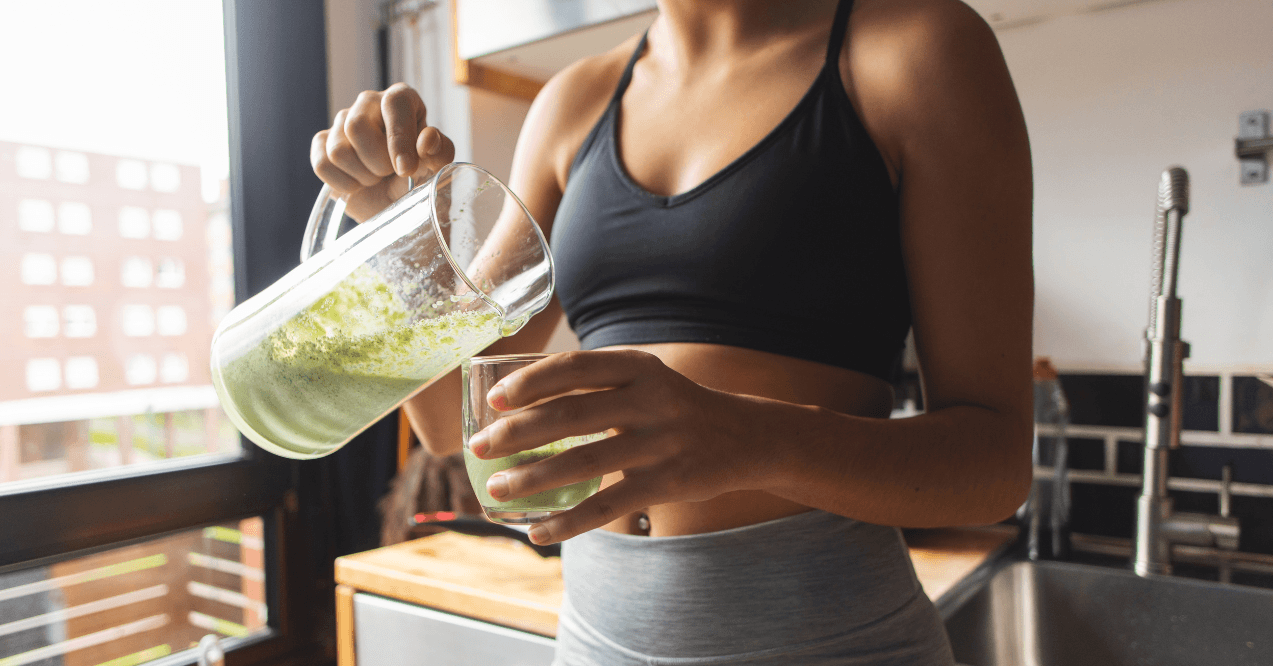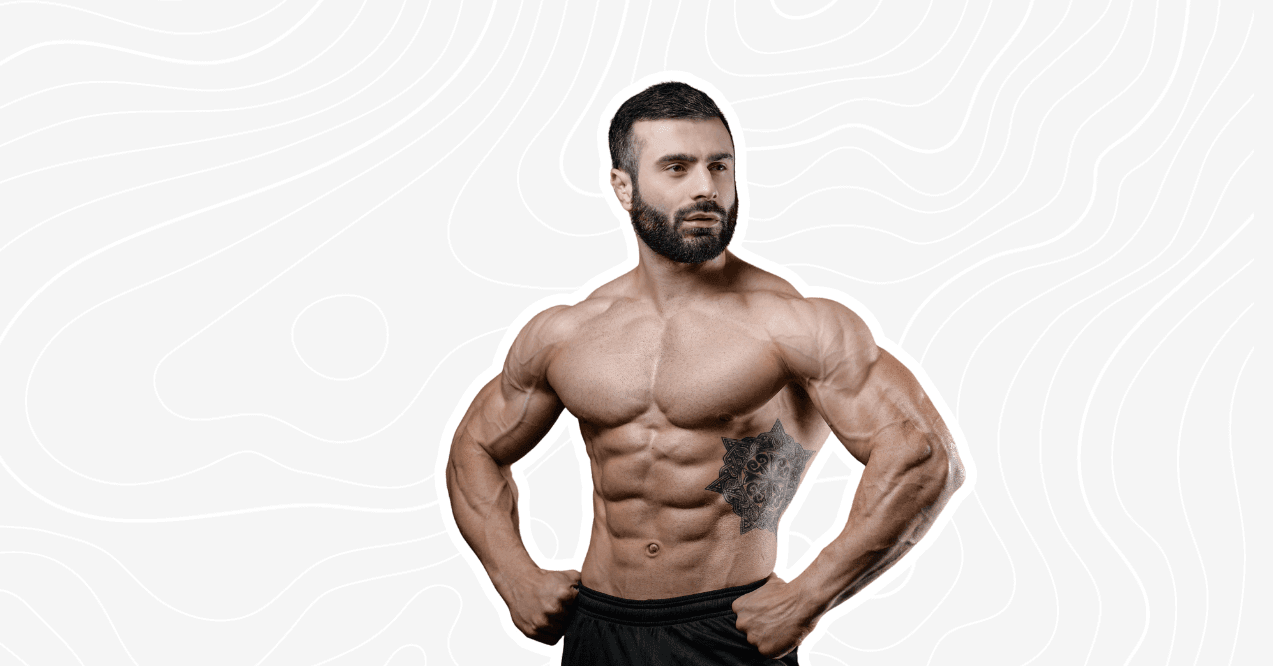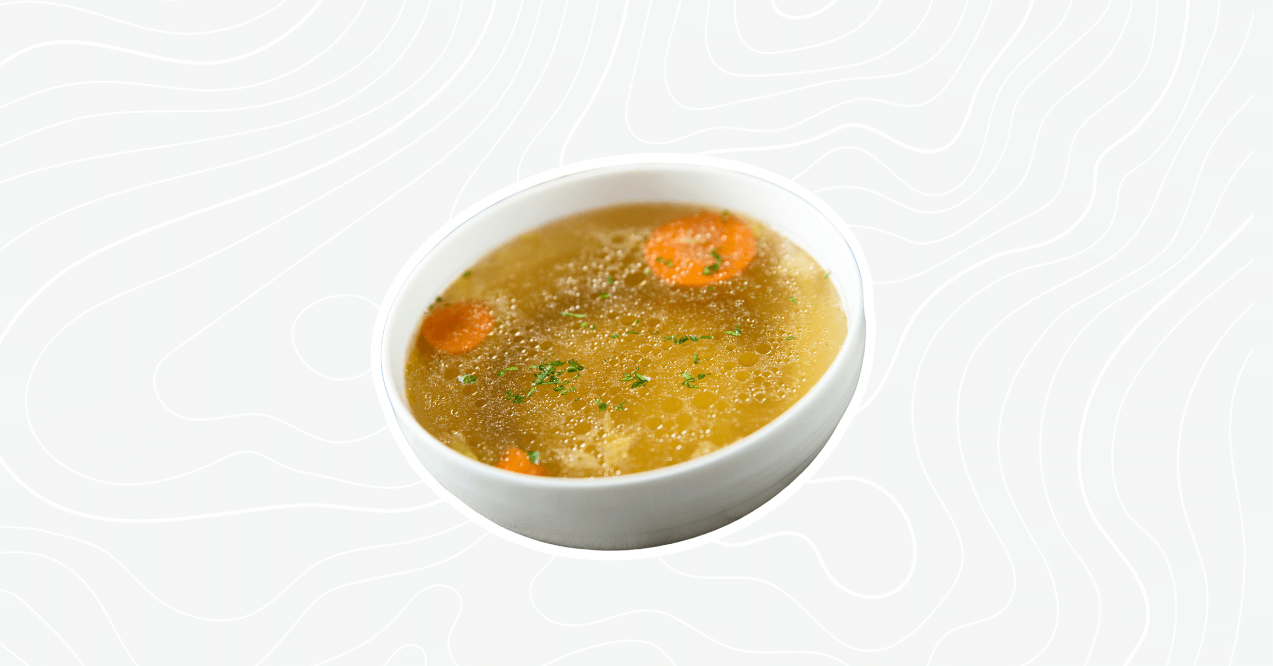Does Seafood Promote Muscle Growth for Weight Lifters?
Does seafood promote muscle growth? If you’re working hard in the gym, you already know that muscle growth isn’t just about lifting weights – it’s about what you put on your plate. While chicken and beef dominate most bodybuilding meal plans, seafood is an underrated powerhouse that can support lean muscle growth, speed up recovery, and fuel your performance. Wondering how much protein can your body absorb? That’s a key question when planning your meals, and seafood offers an impressive protein-to-calorie ratio that might just be your secret weapon for building lean muscle.
So, whether you’re a seasoned lifter or just starting your fitness journey, understanding how to leverage seafood’s unique nutritional profile could be a game-changer for your gains.

Does Seafood Promote Muscle Growth?
So, does seafood promote muscle growth? Absolutely – and here’s why you should dive into this protein powerhouse. Seafood stands out as one of the most complete protein sources you can add to your muscle-building arsenal. What makes it special is its impressive amino acid profile, particularly leucine – the key player in stimulating muscle protein synthesis.
When you’re crushing those heavy sets at the gym, your muscles are literally crying out for quality protein to repair and grow stronger.
Seafood is a highly digestible protein source, meaning your body can absorb it efficiently for muscle repair and growth. Compared to many land-based proteins, it offers:
- High leucine content, a key amino acid for muscle synthesis
- Fewer calories per gram of protein
- Faster digestion, making it ideal for post-workout recovery
But here’s what makes seafood truly unique: it’s not just about the protein. The omega-3 fatty acids found in seafood support muscle recovery and help reduce exercise-induced muscle soreness, letting you bounce back faster for your next training session. This combination of high-quality protein and beneficial fats makes seafood a particularly effective choice for anyone looking to build lean muscle mass.
Best Seafood for Bodybuilders
When it comes to high protein seafood meals, not all fish are created equal. Some pack more muscle-building potential than others, offering the perfect blend of protein, healthy fats, and micronutrients. Let’s dive into the best options that can supercharge your gains.
Salmon
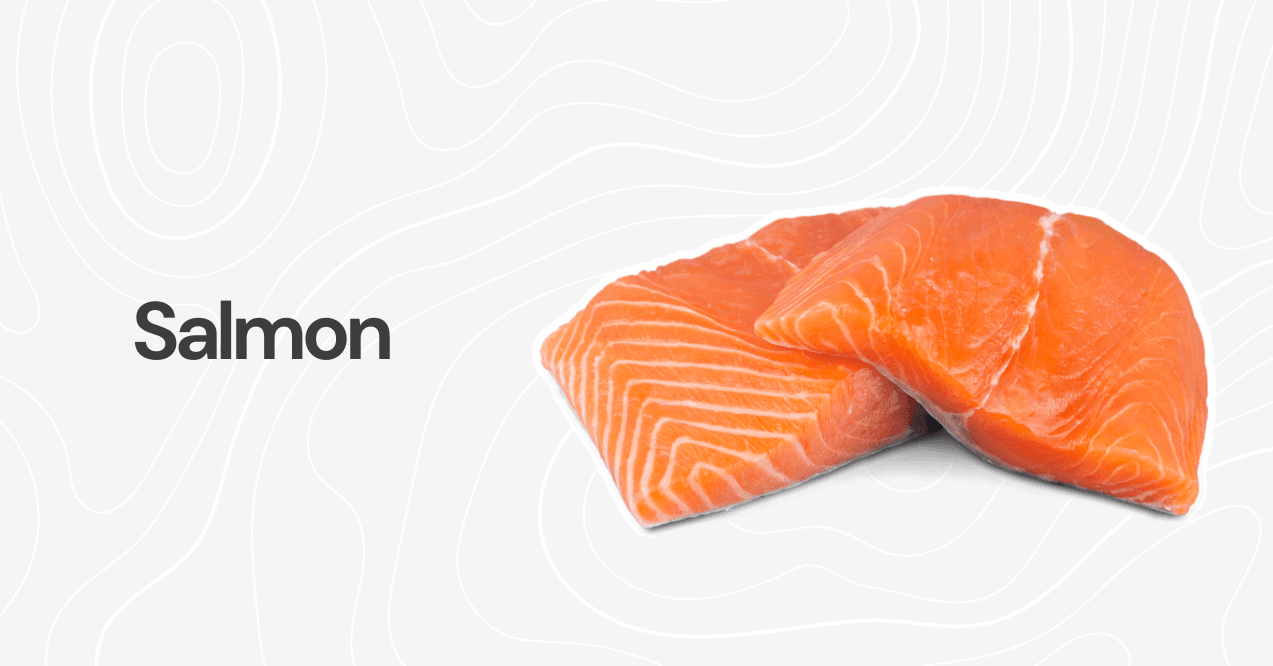
Leading the pack in fish with the most protein, salmon delivers around 25g of protein per 3.5oz serving. This pink powerhouse combines premium protein with omega-3 fatty acids, making it ideal for muscle recovery and growth. Wild-caught salmon particularly stands out for its superior nutrient profile and clean protein content.
Shrimp
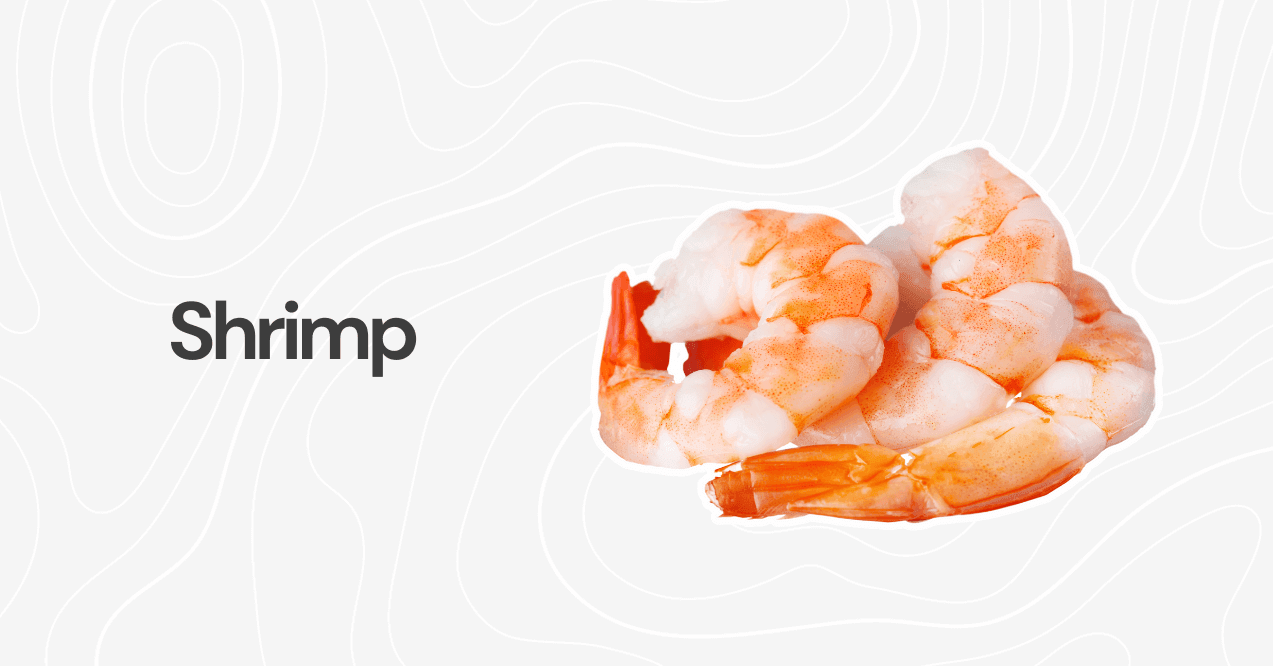
Talk about a lean protein champion! Shrimp offers an impressive 24g of protein per 3.5oz serving while keeping calories surprisingly low. Its versatility makes it perfect for quick, high protein seafood meals – toss it in your stir-fry or add it to your post-workout pasta.
Tuna
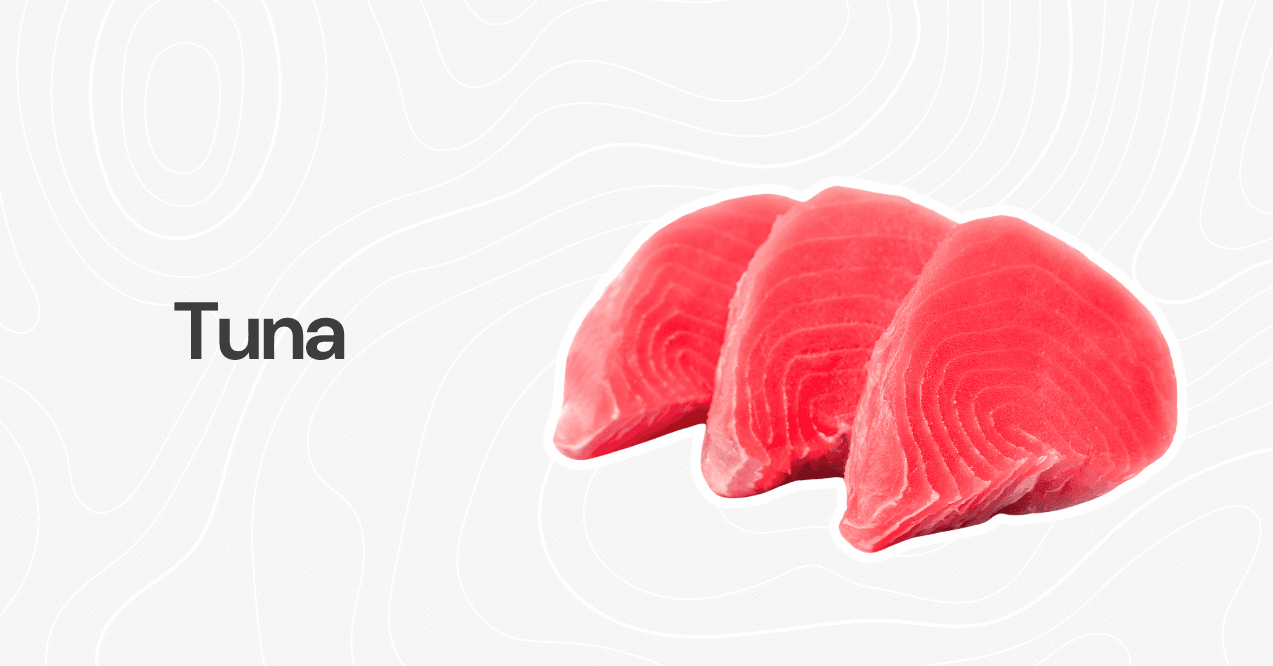
A bodybuilder’s best friend, tuna brings convenience and serious protein to the table. Whether fresh or canned, you’re looking at about 26g of protein per 3.5oz serving. Its portable nature makes it perfect for hitting your protein goals on busy days.
Crab

Crab meat is a lean protein goldmine, offering about 19g of protein per 3.5oz serving. It’s particularly rich in zinc, which supports muscle recovery and hormone production – key factors for anyone serious about gains.
Lobster
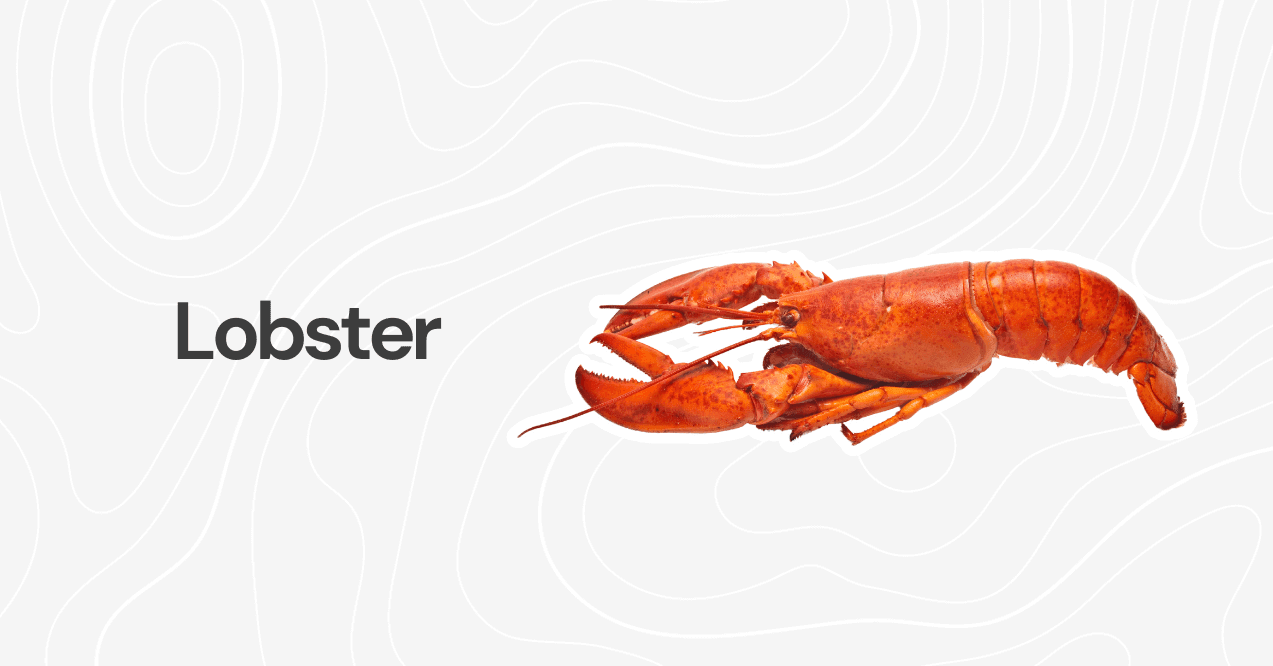
This premium protein source packs around 28g of protein per 3.5oz serving, with minimal fat. While it might be a special occasion food for many, its nutritional profile makes it worth the splurge for serious lifters.
Cod
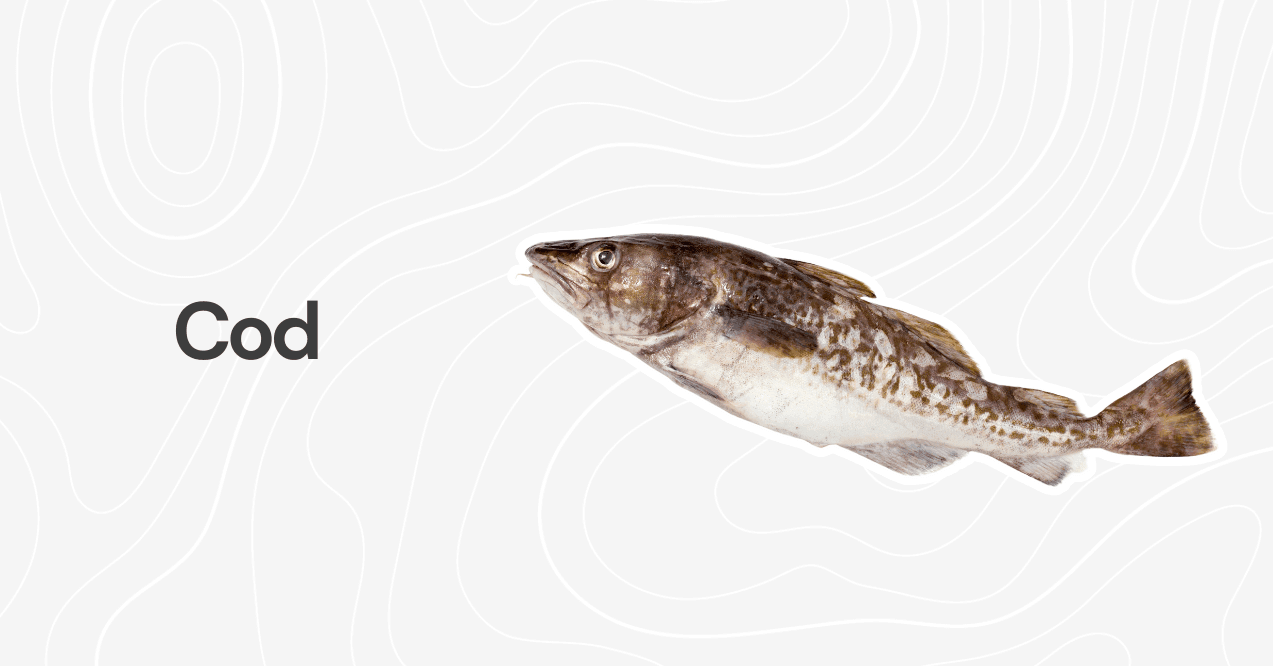
A white fish winner, cod delivers about 18g of protein per 3.5oz serving while keeping calories minimal. Just like recipes with bone broth can support joint health, cod can be a cornerstone for lean muscle building meals.
Sardines
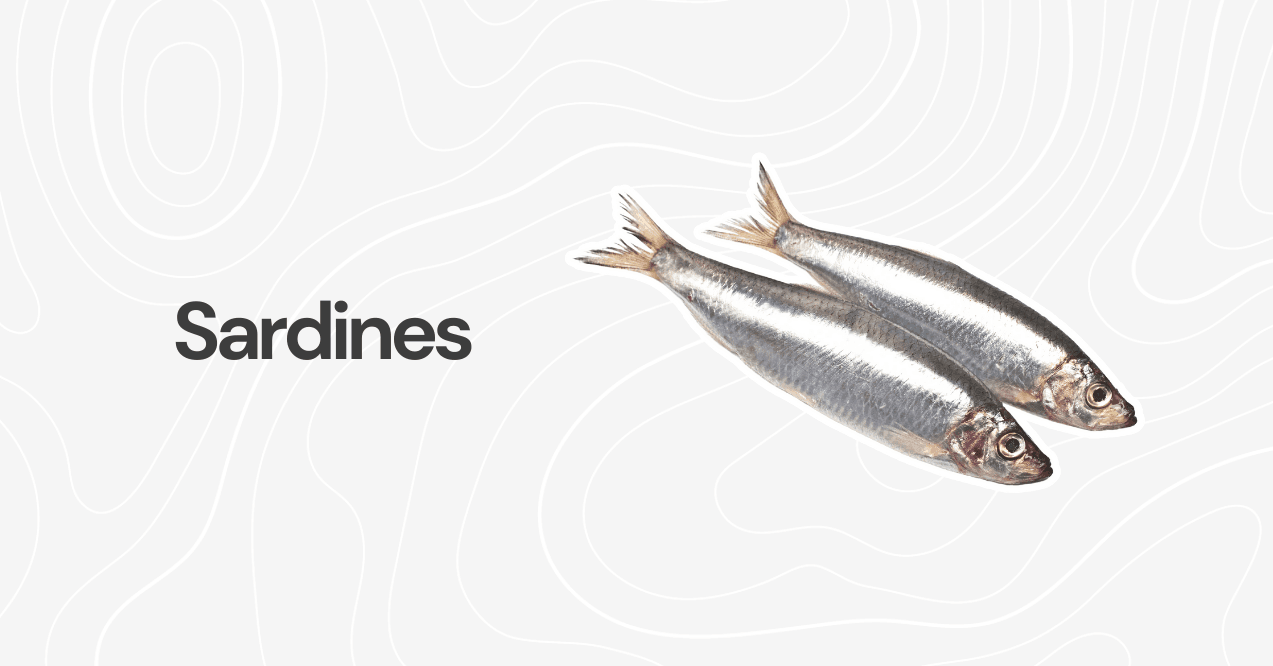
Don’t let their size fool you – sardines are nutritional powerhouses. With 25g of protein per 3.5oz serving, plus naturally occurring calcium and omega-3s, these little fish pack a mighty muscle-building punch.
Essential Vitamins and Minerals in Seafood
Let’s break down the powerhouse nutrients that make seafood a complete package for muscle growth:
- Vitamin D – The sunshine vitamin that’s crucial for muscle function and strength. Most seafood, especially fatty fish, provides this hard-to-get nutrient naturally
- Zinc – A key player in protein synthesis and muscle repair, found abundantly in oysters, crab, and lobster
- Selenium – Supports muscle maintenance and recovery while promoting overall cellular health. Tuna and halibut are excellent sources
- B-Complex Vitamins – Essential for energy production and protein metabolism, helping you power through those intense training sessions
- Magnesium – Vital for muscle contraction and energy production during workouts, found in generous amounts in most seafood
Want to amplify your seafood-rich diet? Consider pairing it with Trumeta Bonne Broth Protein. This premium bone broth supplement complements your protein intake with over 30 amino acids, vitamins, and minerals, working synergistically with seafood’s nutritional benefits. The rich cocoa flavor makes it a delicious addition to your muscle-building routine – perfect for morning smoothies or post-workout shakes.
For maximum results, stack your seafood-rich meals with Trumeta Creatine to support muscle strength and recovery. While seafood provides the building blocks, these supplements may help optimize your body’s protein utilization and muscle growth potential.
Pro tip: Try blending bone broth protein with frozen berries and coconut water for a refreshing post-workout shake that supports your muscle-building goals.

Incorporating Seafood into Your Diet
Just like timing your creatine on empty stomach for optimal absorption, strategically adding seafood to your meal plan can maximize its muscle-building benefits. Aim to include at least 2-3 servings of seafood weekly in your diet. Try grilling salmon for dinner after your workout, add canned tuna to your lunch salads, or prep shrimp with whole grain pasta for convenient post-training meals.
Keep frozen seafood on hand for busy days, and experiment with different cooking methods – grilling, baking, or air frying. Quick tip: prep your seafood in batches during weekend meal prep to ensure you’re never short on quality protein during the week.
Pro move: pair your seafood with complex carbs and leafy greens to create complete, muscle-supporting meals that fuel your gains.
Conclusion
Does seafood promote muscle growth? The evidence speaks for itself – from high-quality protein to essential nutrients, seafood is a powerhouse for muscle building. Seafood is a powerhouse for muscle growth, recovery, and overall health. Whether you’re grilling salmon, adding shrimp to pasta, or enjoying canned tuna on the go, your nutrition choices fuel your results.
Take action today – try adding two seafood-based meals this week and see the difference in your strength and recovery! Remember, sustainable progress comes from consistent, quality nutrition – so make seafood your ally in achieving those fitness goals.
1 pound of shrimp protein packs approximately 90-100 grams of protein, making it a fantastic choice for muscle building. Raw shrimp typically contains about 20-25 grams of protein per 100-gram serving, varying slightly between different varieties.
Tuna leads the pack with approximately 30 grams of protein per 100-gram serving, followed closely by salmon and sardines. These protein powerhouses deliver high-quality amino acids essential for muscle growth and recovery.
Aim for 2-3 servings of seafood weekly, spacing them throughout your meal plan. This frequency ensures you get optimal protein intake along with essential omega-3 fatty acids and micronutrients that support muscle development.
Advertisement. This site offers health, wellness, fitness and nutritional information and is designed for educational purposes only. You should not rely on this information as a substitute for, nor does it replace, professional medical advice, diagnosis, or treatment. If you have any concerns or questions about your health, you should always consult with a physician or other health-care professional. Do not disregard, avoid or delay obtaining medical or health related advice from your health-care professional because of something you may have read on this site. The use of any information provided on this site is solely at your own risk.
